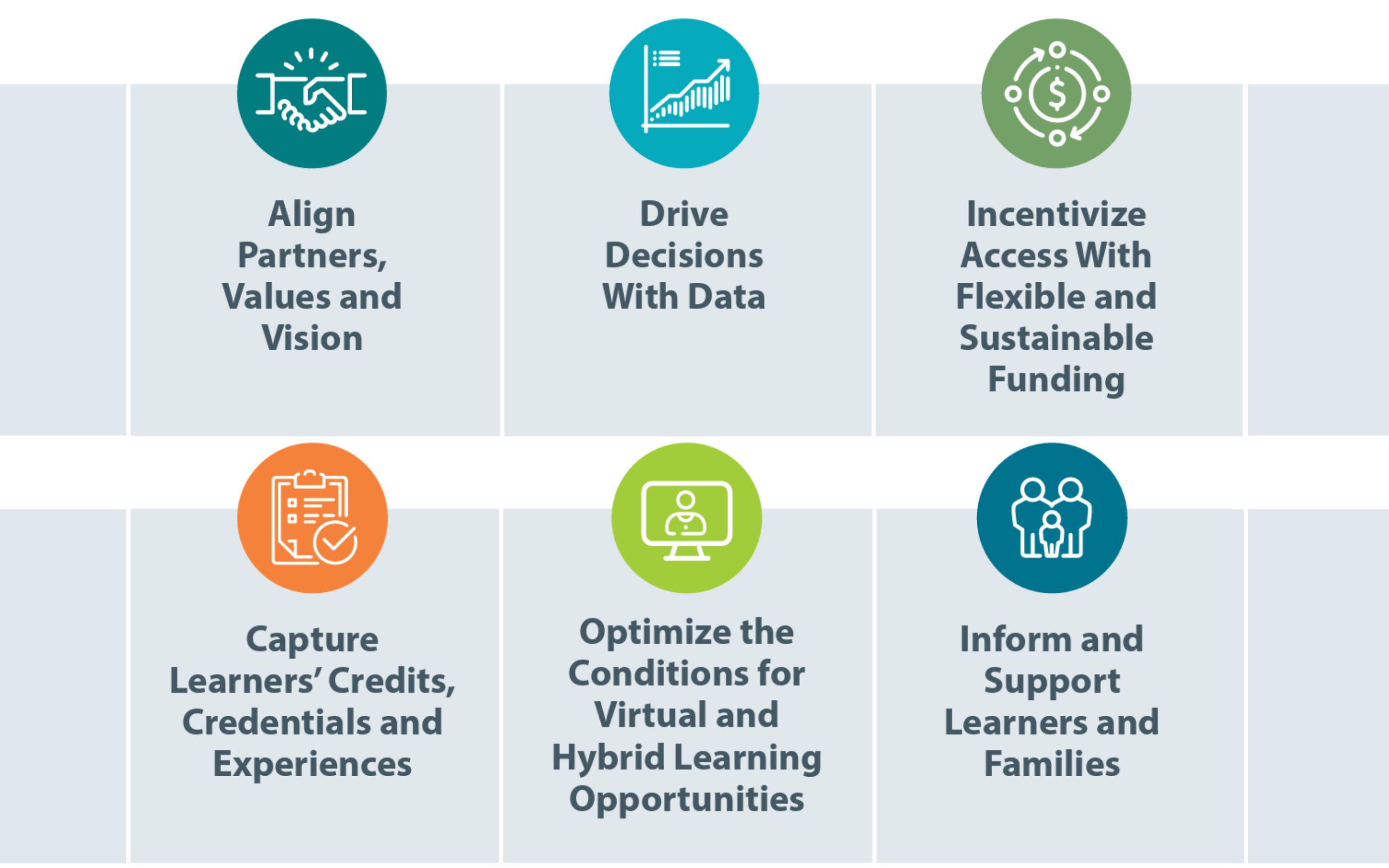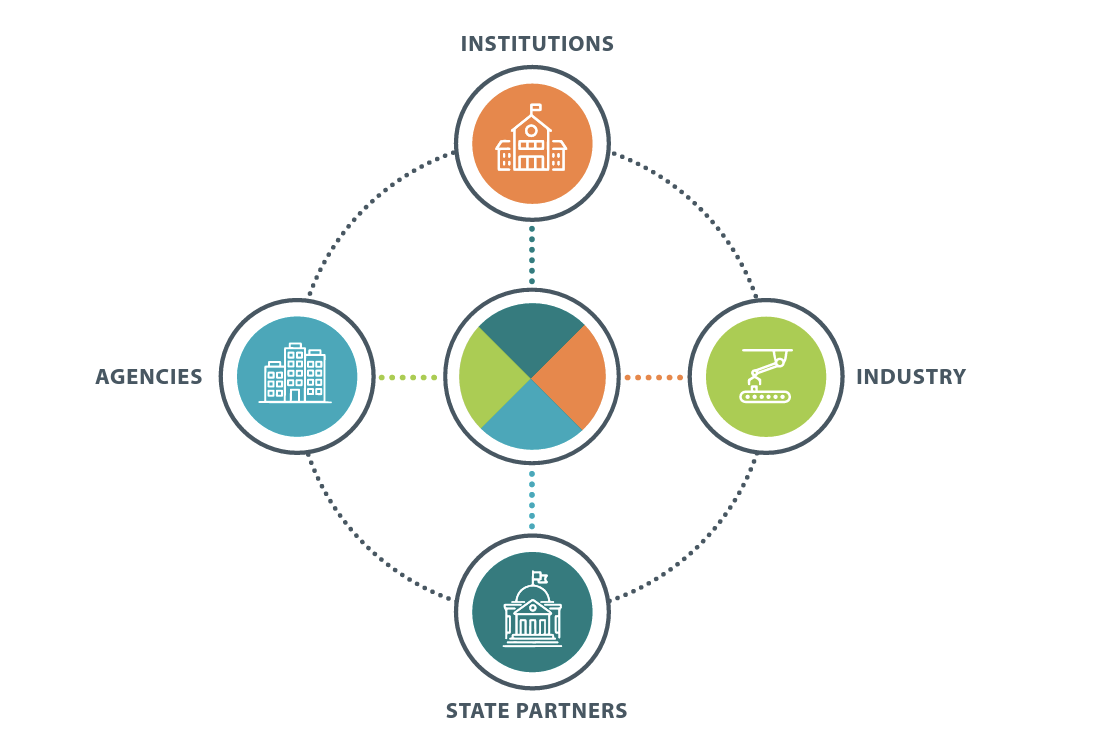CTE Without Borders
Home » What We Do » Initiatives » CTE Without Borders
CTE Without Borders
CTE Without Borders supports states in actualizing Advance CTE’s vision that each learner can access CTE without borders by developing in-state and inter-state agreements that advance policies and programs to expand access to high-quality CTE and work-based learning.

About the Initiative
To truly meet the needs of learners, we must remove the geographic barriers that limit access and opportunity, particularly for learners in rural communities. This work is essential to ensure that each learner can access CTE without borders, and it begins with policies and programs that enable, not limit, mobility and access.
Advance CTE created the CTE Without Borders initiative, launched in Spring 2023, to support state and local leaders to expand access to high-quality CTE and work-based learning in secondary and postsecondary institutions and within and across state lines.
To date, Advance CTE has released a CTE Without Borders playbook and is working with a group of Northeastern states to develop regional programs of study.

Read the CTE Without Borders Policy Playbook
This resource, developed in partnership with the Southern Regional Education Board and the Western Interstate Commission for Higher Education, supports state and local leaders in the development of policies and programs that advance the expansion of CTE and work-based learning within and across states. The playbook was developed with input from more than 100 state and local leaders through a series of interactive roundtable discussions and interviews. The playbook is organized into a collection of actions and strategies across six key focus areas critical to expanding access.

Advance CTE Announces Regional Programs of Study Pilot
Advance CTE, in partnership with the Linked Learning Alliance, are launching a pilot initiative to develop common CTE programs of study across six northeastern states: Connecticut, Maine, Massachusetts, New Hampshire, Rhode Island and Vermont. The pilot will focus on creating programs of study for two high-wage, high-demand career fields: green jobs and secondary school educators. This pilot will test a new model for cross-state collaboratives to achieve CTE without borders.
